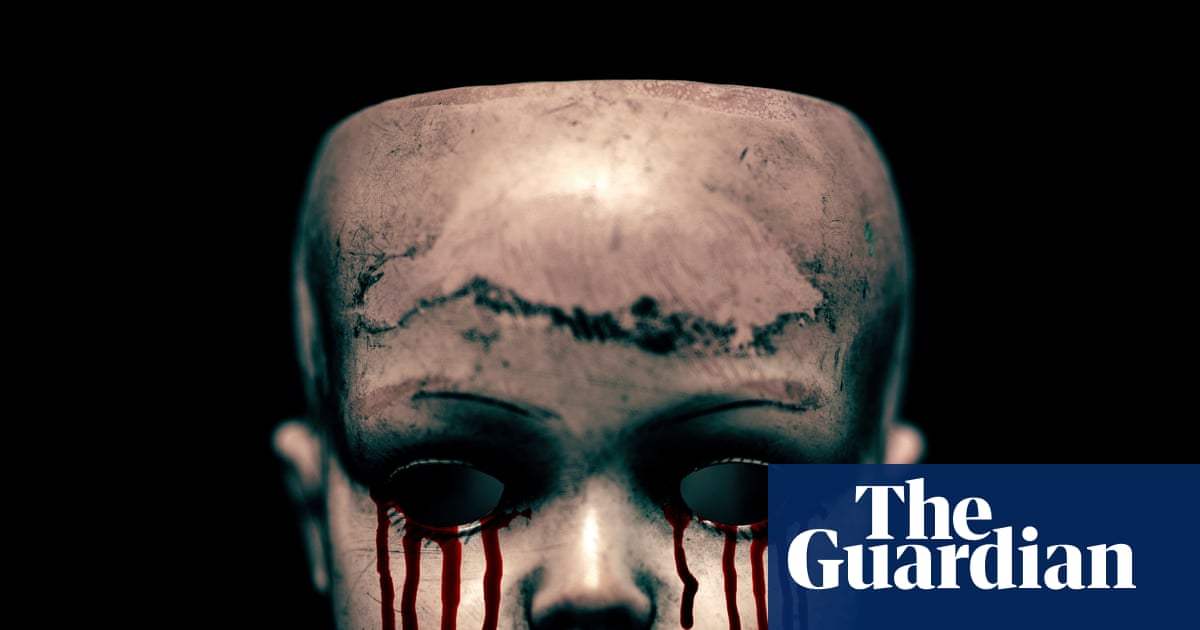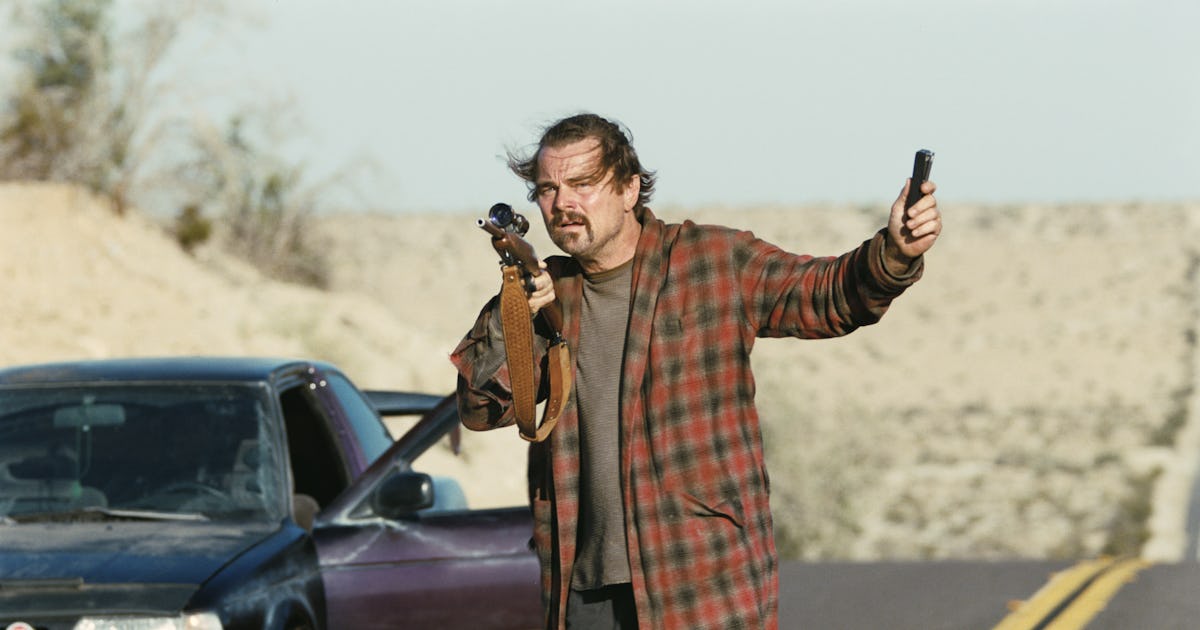#political-thriller
#political-thriller
[ follow ]
#brazilian-military-dictatorship #family-drama #military-dictatorship #kidnapping #paul-thomas-anderson
fromInverse
2 months agoNetflix Just Quietly Released The Bloodiest Action Thriller Of The Year
The tropes of these stories have found particular success in franchises like The Hunger Games and Squid Game, but you can only replicate a formula so many times before even the best stories feel boring. Thankfully, Netflix just dropped a new take on the story, and it's pushing the genre into the future by taking it over a century into the past.
Television
fromVulture
4 months agoOne Line Says Everything You Need to Know About This Season of The Diplomat
By its third season, The Diplomat has established a reputation for shocking developments and sudden, dramatic pronouncements. Characters deliver lines like, "The president is asking you to serve as ambassador to the United Kingdom," or "The president is dead," or "I killed the president." This level of stakes is not unusual for a political thriller or even the many shows that live alongside The Diplomat on Netflix.
Television
fromInverse
4 months ago'A House of Dynamite' Review: Kathryn Bigelow's Nuclear Apocalypse Thriller Will Shred Your Nerves
Much of the cinematic focus has been on the race to prevent it, or on the apocalyptic aftermath, or on the rich metaphors that it inspires. But few movies have been able to capture what it's like to be on the cusp of nuclear armageddon with the same level of nerve-shredding intensity as Kathryn Bigelow's tense new thriller, A House of Dynamite.
Film
fromwww.npr.org
4 months agoPrescient and political, 'One Battle After Another' is one of the year's best films
Paul Thomas Anderson is one of Hollywood's great time travelers. He took us to turn-of-the-century oil country in There Will Be Blood, the 1950s London fashion world in Phantom Thread, and the '70s San Fernando Valley, twice, in Boogie Nights and Licorice Pizza. One Battle After Another is Anderson's first film in ages set in the present day, and partly for that reason, it grabs you and even smacks you in the face in a way that his other movies haven't.
Arts
fromwww.npr.org
4 months ago'One Battle After Another' wants a revolution
The revolution is sexy, until it's not. Paul Thomas Anderson's tenth feature, One Battle After Another, finds the director working in what might be his most thematically of-the-moment mode yet, an electric thriller set against the backdrop of political resistance and the resurgence of unbridled white supremacy. At its most basic, it's standard action movie stuff: Leonardo DiCaprio plays Bob Ferguson, an ex-revolutionary searching for his missing daughter.
Arts
fromRoger Ebert
5 months agoHulu K-Drama "Tempest" Grapples with the Inevitability of War and the Dream of Peace | TV/Streaming | Roger Ebert
Following the success of " Squid Game," the storytelling flair found in Korean dramas has reached new heights in popularity. As with every style of television from every country, there have been pops and fizzles; still, there's something about the imaginative plots and constant cliffhangers that pulls American viewers back to our screens for more K-drama. In the new Hulu espionage thriller "Tempest," a prophetic dream precedes hard times, when an assassination attempt is merely the spark that ignites international conspiracies,
Television
fromwww.theguardian.com
6 months agoSorry, Baby to Earl Sweatshirt: the week in rave reviews
An exquisite documentary, following pioneering neurosurgeon Henry Marsh, who is racked with guilt over patients who've died, and wrestling with his conscience following a cancer diagnosis What our reviewer said A deep meditation on what it means to have lived: death hands us a ledger of triumphs and mistakes, the happiness we've spread tallied against the pain we've inflicted. Was it all worth it? Jack Seale Read the full review Further reading How brain surgeon Henry Marsh went from doctor to patient: I blurted out the question we all ask how long have I got?'
Television
fromRoger Ebert
6 months agoNetflix's "Hostage" Fails to Hold the Audience Captive | TV/Streaming | Roger Ebert
There are times in a TV critic's life when a series to which they are assigned inspires them to write reams of text, sometimes because said series is good, sometimes because it's bad. Then there is what I like to call critic purgatory, when the series inspires nothing. Neither impressive nor dreadful, the series is adrift in the doldrums of artistry. If they handed out Emmys for dull television, then I am certain "Hostage," a limited British series now airing on Netflix, would make a clean sweep.
Television
[ Load more ]









